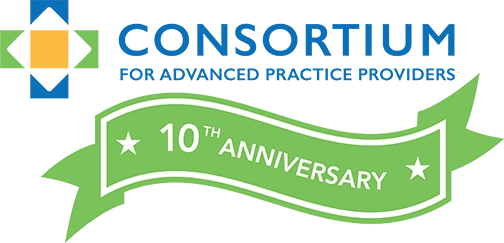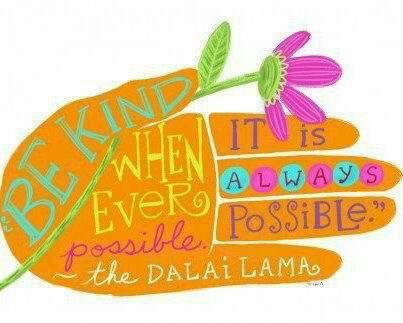It is lovely to join you again, and my honor to write this guest blog.
My retirement took several months to actually happen – life intervened. In February I finally began to shift into a more relaxed schedule. Then the pandemic hit.
Over the last months, every one of us has experienced loss. The heart-aching and haunting loss of loved ones. The loss of welcoming touch. Human interaction has morphed into non-tactile exchanges. Hands against a window pane; elbow bumps instead of handshakes. Birthday parties, weddings, memorial services and graduation ceremonies are virtual. There are restrictions on where we go, when we go, and for how long. Classroom learning is digital regardless of age – from pre-school through professional continuing education.
Nevertheless, in these days of uncertainty and unfathomable challenges, there are uncounted occurrences of “gentle kindness”. On a daily basis, I have been inspired and reassured by frequent acts of compassion and kindness, both those that make the daily news cycle and the quieter, next-door-neighbor-ones. These acts of compassion and kindness are cornerstones of resilience. Essential to the practice of healthcare. Essential to acknowledging those making the world safer and those providing healthcare.
These are heartwarming actions offered with no expectation of acknowledgement or return. Spontaneous and random acts of kindness. Deliberate, discrete and thoughtful acts of kindness. All conveying a shared spirit of gratitude, resilience, support, caring, and community.
There are examples all around us. Newly minted health care colleagues who graduate early so they can serve on the front line. Sanitation workers going into work day in and day out, doing their best to reduce possible infection. People continuing to wear masks and maintain physical distance. Neighborhood groups connecting with their local grocery store to deliver free daily staples to those in need. Homemade and commercially produced PPE being donated to local hospitals. Youngsters giving their allowances and tooth fairy monies to first responders.
Such generosity of spirit is contagious, inspiring others to give in unique ways, each gift of kindness offered in gratitude and acknowledgement that together we are stronger. Together we are resilient. Together we are communities that will survive and thrive.
Every day, and especially now, providers on the front line, in primary care, and in specialty practice are leaders in action. Their practice is the synthesis of art and science. Practice informed by evidence, conducted according to best practices, and infused with the inimitable spirit of compassion and human kindness. In every sphere, the gifts of understanding and caring are powerful. In healthcare they are essential. The absence of empathy, compassion and generosity is shattering—to the healthcare team, to patients, to their families. The presence of empathy, compassion and generosity is transformative—devastating healthcare outcomes can become a wellspring of strength for all involved.
Despite physical, mental and emotional exhaustion, preceptors and trainees from Nurse Practitioner and joint NP/Physician Assistant training programs continue to provide patient care with compassion and generosity of spirit. This brings to mind our colleagues in acute care and emergency care. They are ‘on’ continuously. Patients are often on the razor’s edge of survival. There are few if any breaks for food or biology. Critical patient needs must be met while juggling responses to distraught families and encouraging exhausted team members. All this while managing their own physical and emotional fatigue. These front line providers are awesome practitioners who are learning on the fly how to manage an unknown disease. They provide compassionate care, healing with words and actions, while making agonizing decisions and leading by example. They are incredible.
As I think about the communities of graduates from postgraduate NP and joint NP/PA programs, I wonder how these final months will shape their future as providers. In primary care they are experiencing an unforeseen and precipitous transition from traditional healthcare delivered primarily “hands on” to a digital world where routine healthcare is provided via telehealth and email. How will this shift from ‘hands on’ to virtual health care impact the way that they practice, how they interact with colleagues and loved ones, their perceptions of themselves as members of a professional community, how they achieve work / life balance? How will the bonds established during their training and during this time of adversity sustain them in the future? How will they integrate their trainee experiences into their future healthcare practice?
This generation of graduates and the incoming 2020-2021 classes will have a unique opportunity to influence the healthcare of the future. They will continue to refine their hard-earned clinical expertise and professional skills in navigating uncertainty. They will continue to deliver high quality healthcare with generosity of spirit and action, based on evidence, and incorporating public health principles. These NPs and PAs will be leaders in healthcare, inspiring others with their talent and intelligence, caring and compassion. They have the power to take the lessons learned from this pandemic and to transform healthcare, to eliminate inequities in care, to ensure quality and access.
Wrapping up and closing with one more thought about the importance of kindness and gratitude. Have you read The Boy, the Mole, the Fox and the Horse? It is a wonderful and charming book that spans all age groups. Especially in these times, it brings me peace and reaffirms the goodness in humankind.
‘“What do you want to be when you grow up?” asked the mole. “Kind,” said the boy.’
“Is your glass half empty or half full?” asked the mole. “I think I’m grateful to have a glass,” said the boy.”
Let us all strive to be kind and grateful to have a glass.
Wishing you well. Here’s to having a glass that it is filled with frequent encounters of compassion and kindness!
Candice
Candice Rettie, PhD,
Retired — Founding Executive Director


